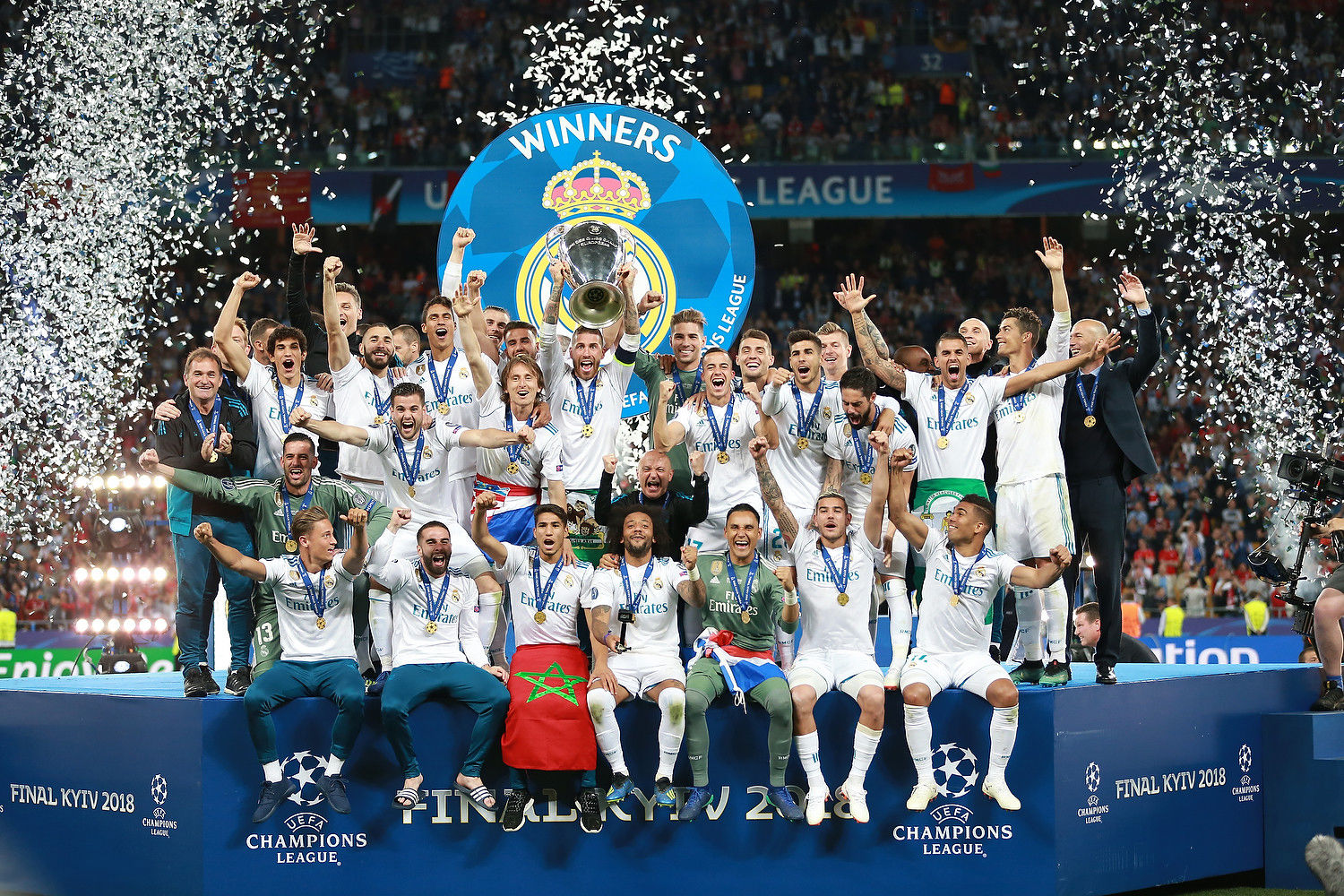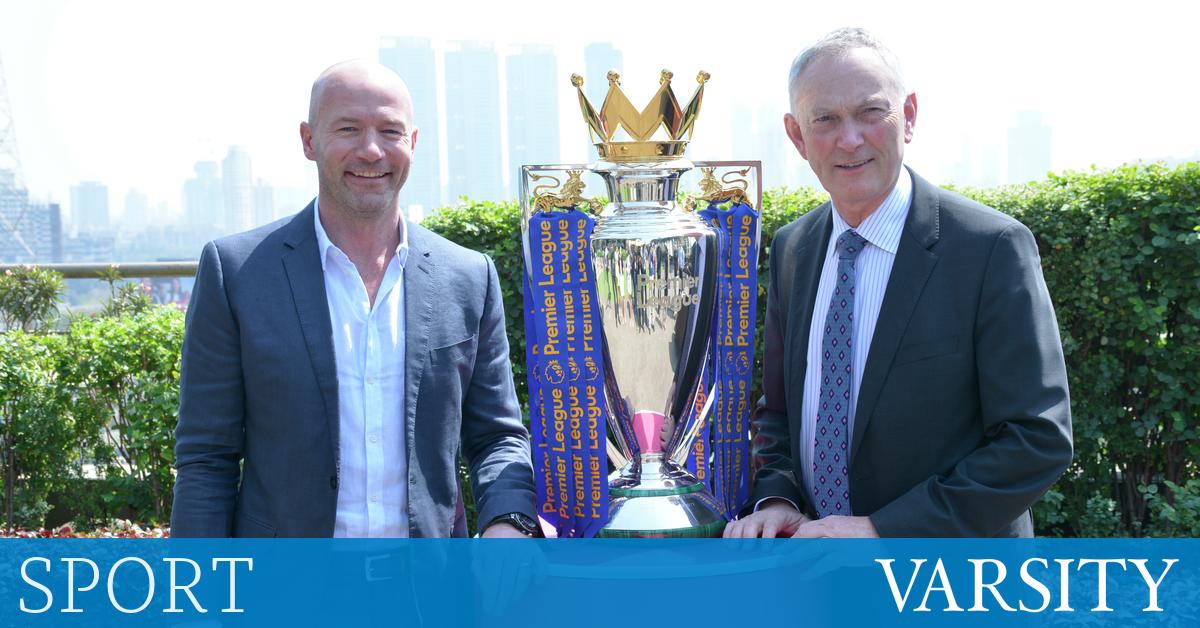Nick Hornby’s seminal 1992 memoir Fever Pitch, published at the dawn of the Premier League, chronicles a life supporting Arsenal from the late 1960s up to 1989. It’s an excellent book, but when read in 2022 it is remarkable how different Hornby’s ‘boring Arsenal’ is different to the side we know today. The sides of Bertie Mee and George Graham both fitted within this identity as a gritty, caged club, disliked by the world and revelling in that hatred. Graham’s teams became despised for their offside traps and subsequent berating of referees, while under Mee Highbury was a cauldron of noise and often violence.
Do any of these traits ring true today? The ‘soft-bellied, Jack Wilshere goal of the season but lose at home to Swansea’ Arsenal of my youth bears no resemblance to the cynical Arsenal of Hornby’s book. The absolute certainty with which Fever Pitch describes not just how Arsenal are now, but how they always have been and always will be, is astonishing given the context of Arsene Wenger’s revolution being a mere four years away from the book’s publishing.
So, does an identity exist at all in the modern era? This depends exactly what that identity comprises of. Wenger and Alex Ferguson, the two most dominant managers of the post-Fever Pitch era, both came in and gave no credence to the idea of their club having a ‘certain way of playing’, instilling a philosophy of the time rather than being a slave to tradition.
The most interesting example of a club’s identity struggling at the moment is Real Madrid. What is their identity? Perhaps it’s best described by the term ‘Galácticos’, a policy introduced by club President Santiago Bernabéu back in the 1950s, based on the philosophy of buying the best players in the world for extortionate fees. The policy was an enormous success, as a team spearheaded by three Galácticos Alfredo Di Stefano, Ferenc Puskas, and Raymond Copa ushered in their first and arguably greatest era of dominance, winning twelve La Liga and six European cups in the 50s and 60s.
“Real Madrid have never been anyone’s favourite team, no one speaks about them with misty eyes as they do Perp Guardiola’s Barcelona or even the treble-winning United side”
The policy was then reborn in 2000 with Florentina Perez’s first tenure as club president. Los Blancos splashed out big time, signing Luis Figo from rivals Barcelona for €62 million before buying Zinedane Zidane a year later for €75 million. Perez loudly claimed he was going to add one Galáctico a year during his tenure and, throughout the noughties, players such as David Beckham helped cultivate an almost mythical aura of celebrity around Europe’s most glamorous club.
And that brings us to the second real string of Madrid’s identity: winning. Real have lifted the European cup thirteen times, six more than their closest rival AC Milan. They’ve also won more La Liga titles than anyone else and more Club World Cups. They are a club defined by being the best in the world, be it players, fees, or trophies. So, the question becomes: if they stop being the best in the world, what then? Real Madrid have never been anyone’s favourite team. No one speaks about them with misty eyes as they do Pep Guardiola’s Barcelona or even the treble-winning United side. They are a team built entirely on picking off players in their pomp, often if they’re heroes at their current club. Plus, no one likes serial winners, particularly in Britain where success is viewed with the same level of disdain as people making cups of tea incorrectly.
The fundamental question here is whether the Galácticos model works in 2022. To start with, it’s not a very efficient way to run a football club. Perez’s first era was rightfully criticised for prioritising flashy forwards at the expense of any defensive solidity. While Figo and Beckham were being shoehorned into a tightly packed frontline, Claude Makélélé was cut from the team after asking for a pay rise despite asking for wages far lower than any of Perez’s precious Galácticos; Jonathon Woodgate soon followed suit.
This lopsided view of building a football team led to a disappointing yield for the high spenders. In spite of winning the Champions League in 2002, they failed to progress past the quarter-finals in the next four seasons, a time during which Barcelona won back-to-back La Liga titles while Madrid won zero.
“In the modern era, football games are won by processes, not superstars”
Perez’s second Galáctico era, however, did manage to learn lessons from the first. While Cristiano Ronaldo, Karim Benzema, and Gareth Bale brought crowds to the Bernabéu, a mix of academy prospects, relics from the first era, and smart buys ensured they were ably supported by a truly world-class midfield and defence. Players such as Iker Casillas, Sergio Ramos, Luka Modric, and Casemiro finally brought ‘La Decima’ to the club (a 10th European Cup). Even up against a string of truly exceptional Barcelona and Atletico Madrid sides, Perez managed to accrue two La Liga trophies, four Champions Leagues (including two back-to-back for the first time in the competition’s history), and a boot-full of other trophies.
But in 2022, Perez’s original vision seems more antiquated than ever. The current teams dominating world football (Man City, Liverpool, and Bayern Munich) are well-drilled teams with talent in every position and an appreciation for industrious players who do the necessary dirty work. For Madrid, to climb to the apex of world football again will require a systemic squad overhaul that cannot simply be solved by signing players designed to attract revenue instead of trophies.
In both of their 2021 UCL semi-finals against Chelsea and this season’s last-sixteen first leg against PSG, Madrid were totally outrun in midfield as their ageing trifecta (useful when dominating games in La Liga) were run into the ground. Although managing to mount a successful comeback over the Parisian giants last Wednesday night (9/3), the warning signs were starkly there.
Real Madrid, like Barcelona, is a fan-owned club. In the 90s and 00s, this gave the Spanish giants the financial edge over many other clubs on the continent, but in the modern era they simply lack the muscle afforded to teams who have Gulf-state backing or handsome television deals. If an inefficient system, predicated on spending the most, can no longer be afforded such large swathes of cash, it will simply cease to work, and Perez’s desperation in trying to set up a Super League surely proves that this fact is beginning to become apparent in Madrid’s boardroom.
This article could look very silly in six months; Real Madrid are currently favourites to sign Kylian Mbappé in the summer for a figure surely north of €100 million, and rumours are persisting that they’d like to add Erling Haaland as well, forming a front line so good it’s regrowing my appendix just thinking about it. They also have plenty of high-class players already: Vinicius Jr seems to be their planned successor for Ronaldo, and every time he touches the ball it is clear that he has the potential to match those ambitions. If he can be aided by some of the exciting supporting cast coming through the academy, things could get exciting for Madrid fans again.
In the modern era, football games are won by processes, not superstars. Manchester City, Liverpool, and Bayern have all proved that cohesive squads with a distinctive style and smart purchases are the way forward. Now that Madrid do not have the luxury of outbidding every team in Europe, nor the luxury of challenging for the Champions League every year, maybe they need to start looking inwards at their Galáctico model and whether their identity can survive in today’s footballing landscape.


